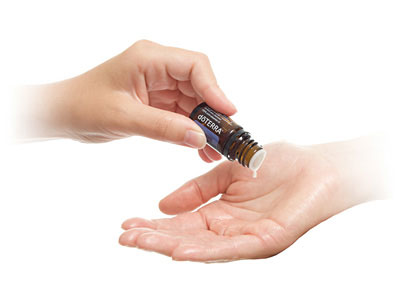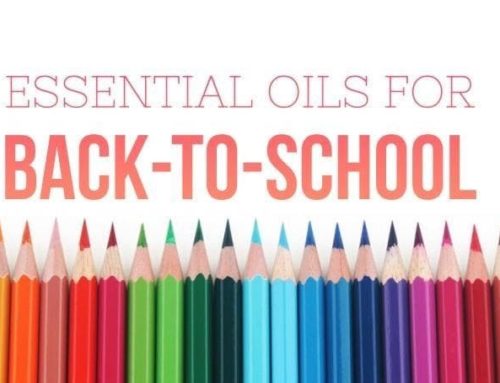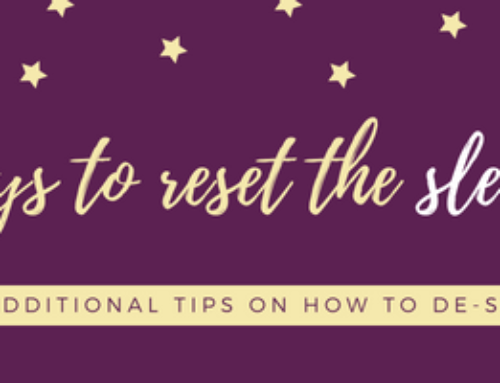This guide is not meant as an extensive research into essential oils but more a very concise introduction to what they are all about. If you do decide to use essential oils, you will need to find out more on the properties and safety cautions for the particular oils you want to use.
What is an essential oil?
Essential oils are naturally occuring volatile aromatic compounds. That’s the sciency way of saying they are molecules that move quickly through the surrounding air to give off odors like freshly baked bread or a great cup of coffee or a beautiful rose.
Essential oils occur naturally in plants. You can find them in bark, roots, bark, seeds, peels, leaves and other parts of plants. They are extracted for their beautiful fragrances, for use in beauty and health care products and for use in food preparation.
How do essential oils work?
The essential oils found in plants are used as a method of communication. Plants give off odors to attract pollinators ensuring the continuation of the plant. They give off odours to protect the plant from potential threats to their immune system and from predators, helping plants to resist disease and to survive in their environments.
What that means for us, is that we can use these same oils to help protect our own immune systems. When the odours are released aromatically in our environment, by inhaling them, we can reap the same benefits as those plants. The effects of a certain oil are determined by its make-up, so to get the best result for a particular condition, you need to find the oil that would best work for that condition.
How do I use them?
Essential oils are used in cooking, in beauty products, non-toxic cleaners and you can find great recipes all over the internet for their use. When you decide you want to use them therapeutically, there are three main delivery methods.
Inhalation
You can inhale essential oils by going for a walk in the forest or picking up a beautiful bouquet of flowers. If you’ve got a little bottle of essential oils, the first way to inhale is to unscrew the lid. As soon as you open the bottle, you are already inhaling the oil. The aromas travel quickly from your nose to your brain (even crossing the blood-brain barrier) for fast results. You can also put a drop or two into your palms and rub them together, cupping your hands over your face (making sure not to touch your eyes as this could sting) and inhaling. For spreading the scent further, you can add a drop in some water in a diffuser which will carry the oil throughout a room.
Topical Use
Essential oils can be applied topically to your skin. In order to cover more surface area, a good carrier oil is suggested. The carrier oil will dilute and help the essential oil be absorbed more efficiently into the skin. Generally, oils can be applied in the location of need ex. on the rash or infection, on the tummy for digestion, on the temples and back of the neck for a headache. Where you apply the essential oil can determine its effectiveness. For example, applying to the reflexology or acupuncture points can be more effective than applying in a random location. Essential oils can be applied in creams, salves, and balms. They are great for massages, and for general skin health.
Ingestion
Essential oils are used in cooking and various recipes. They can be encapsulated or you can drink a few drops in water. Pure citrus oils are delicious for a refreshing and energizing drink. When using oils therapeutically, do your research and consult with more experienced users as some oils may affect friendly gut bacteria if used for long periods of time or might be strong going down (ex. oregano). Double check with the distributor about the appropriateness of ingestion as not all oils are certified pure, and some are not meant for ingestion.
Are they safe?
Anything can be toxic if improperly used or used in excess. You wouldn’t want to drink 25 cups of coffee in a day or consume 25 brownies at once (it’s an assumption for sure!) In small quantities of a few drops, essential oils will not be harmful. If you are using them with young children, you would want to dilute for topical use. If you have certain medical conditions, you would want to verify just like you would verify for contraindications of medicines, like you would for a prescription.
Ensure you are using certified pure oils that are grown in their natural habitats. High end oils are not diluted with fillers and prepared with toxic chemicals. You can also check to see if the company you are using tests all of their oils and makes the results public.Know what you are buying.
Also, some people are scent sensitive to certain scents. Use them at home as you wish, but when you are going out, to be courteous, reflect on the space you are in and how much you are using.
Do they work?
Short answer: YES!!
Long answer: Essential oils have long been used in natural and pharmaceutical treatments for a wide variety of ailments. Medical practices and hospitals are increasingly using them to supplement traditional care. Having said that, everybody is different and what works for one might not work or might not work as well for another, much like pharmaceuticals. So, you would have to try some out and if one doesn’t work for you, try another. Some are also more potent than others, so they might produce better results more quickly. For best results, do some research and talk to some more advanced users who can help guide you to your answers.
How do I know which essential oil to use for my needs?
When you are buying essential oils in a store, you won’t often find people knowledgeable about their application and use. Usually, your best bet is to go with a company who provides some education and resources, to do your research, and for very specific cases to consult with aroma health practitioners.
For a personal essential oil consultation click here.- button for contact request
To learn more about the essential oils I use click here.- button for doterra information.



